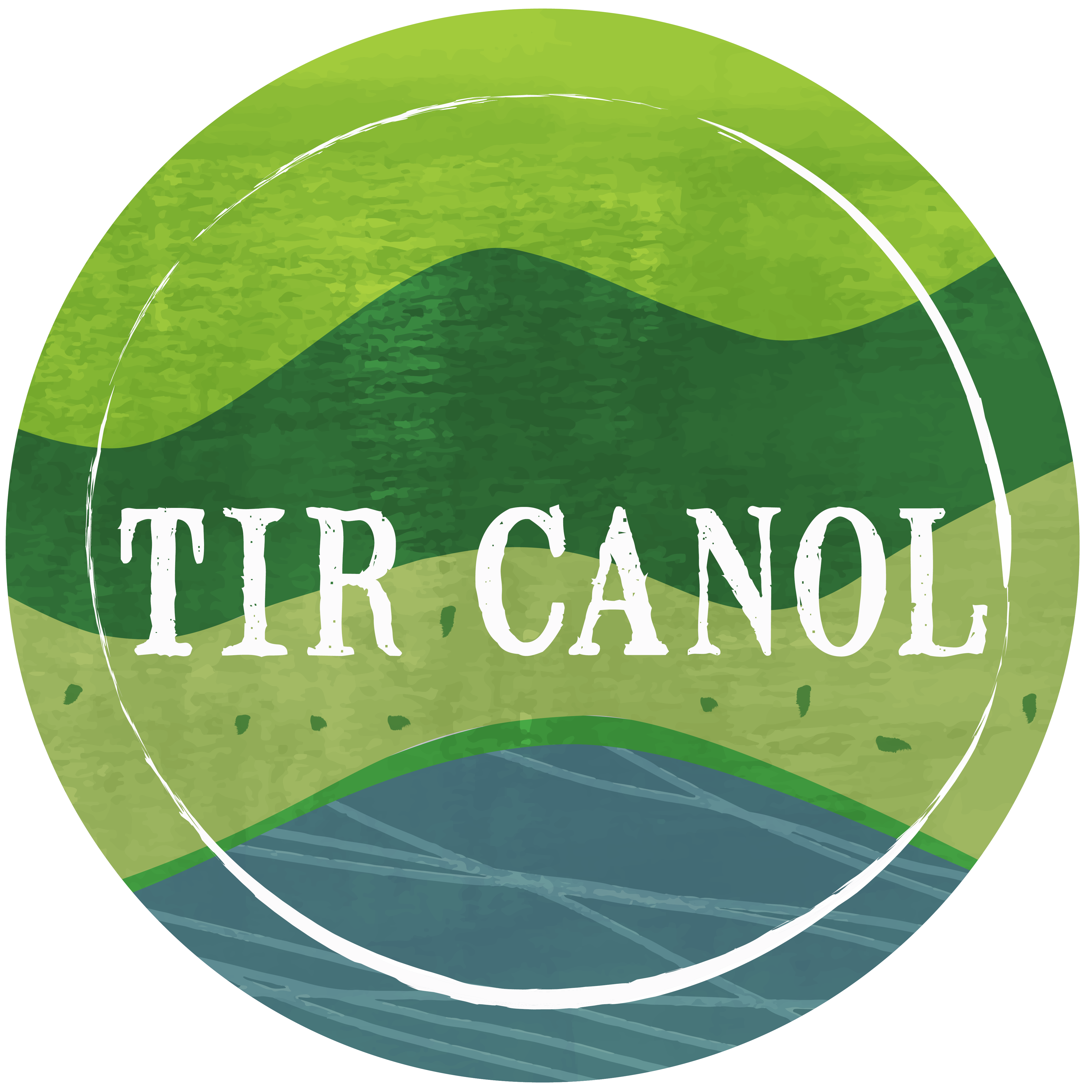On a cold evening a in February 2022 an audience gathered in Machynlleth to celebrate the launch of a volume of poems by poet Sam Robinson at the Owain Glyndŵr Centre. Sam Robinson was accompanied by poets and singers in the area as he who shared a number of poems from his new volume The Wild Farmer with Cerys Hafana providing accompliment on the harp.
This poetry collection came about after Sam was commissioned through Tir Canol to write about his experiences being part of the agriculture community in the area while reflecting on the changes taking place around him. Sam lives and works locally as a shepherd on a number of farms in the area. Sam grew up in Oxford and is a philosophy graduate, but has lived in Wales for a number of years and has learnt Welsh in the local area as he works on farms and sings with the local choir.
“These poems have been fermenting in the back of my thoughts for several years. An urge to try and reconcile tensions, or at least to hold the whole, best as I could, in one embrace; that was at the source of it I would say. And with the support of Tir Canol, I got the opportunity to channel that urge into a coherent expression” Sam Robinson
The volume discusses the relationship between landowners and the land and nature. It provides an opportunity to discuss and reflect on the experiences of the people who work hard in the landscapes, and brings to light voices that can be overlooked by some.
The collection has already been published by The Stamp and you can purchase your own copy of the collection here.
The full volume includes a foreword by Carwyn Graves, who describes Sam as:
“Sam Robinson is a man familiar with the tunes of the fields, like so many of the other voices from the past he engages with here. Sam is a Welsh shepherd from Montgomery, who grew up non-Welsh in a non-agricultural household in Oxford, England. I thank him for expressing the challenges between the past and future, and for expressing the dream.” Carwyn Graves
You can read the poem ‘The Wild Farmer’ (translated from the Welsh into the English by Iestyn Tyne), from the volume below.
The Wild Farmer
Behold, he comes through the rising sun
barefoot on the dewy grass,
horns hidden under his cap.
But tell me, how can this be?
If I saw a hen, long in the tooth,
the midday moon shining from her arse
I’d be less surprised.
And tell me, do you see the white clover flowers,
and all the bees buzzing around him?
All the hedges neat and tidy,
no gaps in the dry stone walls,
and a fair amount of forage on the hill.
He was mad because –
as he mowed the hay one summer evening
sun on salty sweat,
he got stuck in his own essence.
And he was often seen
vaulting fences like the devil’s hesben.
And he was furious.
In a fury as he sensed the clearing of hillsides,
the flowers of a language dying on the slopes,
the deluge of trees that crept through the fields
one carbon credit at a time.
In a fury when he heard his own birds’ song on a wolf’s tongue,
in a wild incantation to greenwash the blood.
The earth is not asking for abandonment.
God knows, she’s asking for a long, slow kiss.
That’s what he said as he turned the ram’s
glowing red horn with his spanner.
With thanks to Woodland Trust and People’s Postcode Lottery for funding this piece of work.

